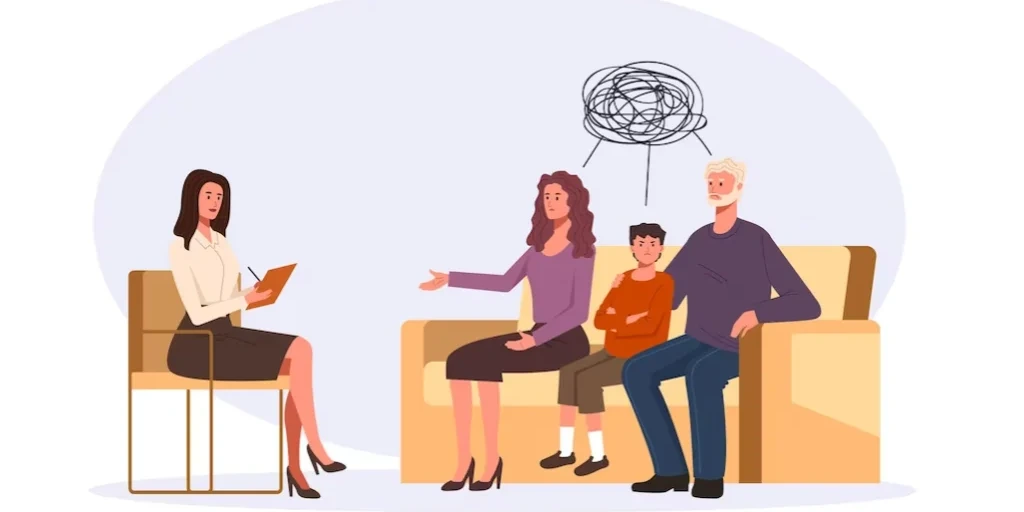24/7 Helpline:
(866) 899-221924/7 Helpline:
(866) 899-2219
Learn more about Bipolar Disorder Treatment centers in Hood River County

Other Insurance Options

GEHA

Kaiser Permanente

UnitedHealth Group

Group Health Incorporated

Oxford

Sutter

Anthem

Evernorth

Covered California

MHNNet Behavioral Health

Health Partners
Beacon

Magellan Health

American Behavioral

Humana

WellPoint

Carleon

ComPsych

Magellan

Medical Mutual of Ohio

Providence Hood River Memorial Hospital Behavioral Health
Providence Hood River Memorial Hospital Behavioral Health is a private rehab located in Hood River, ...

Mid Columbia Center for Living
Mid Columbia Center for Living is a public rehab located in Hood River, Oregon. Mid Columbia Center ...








































